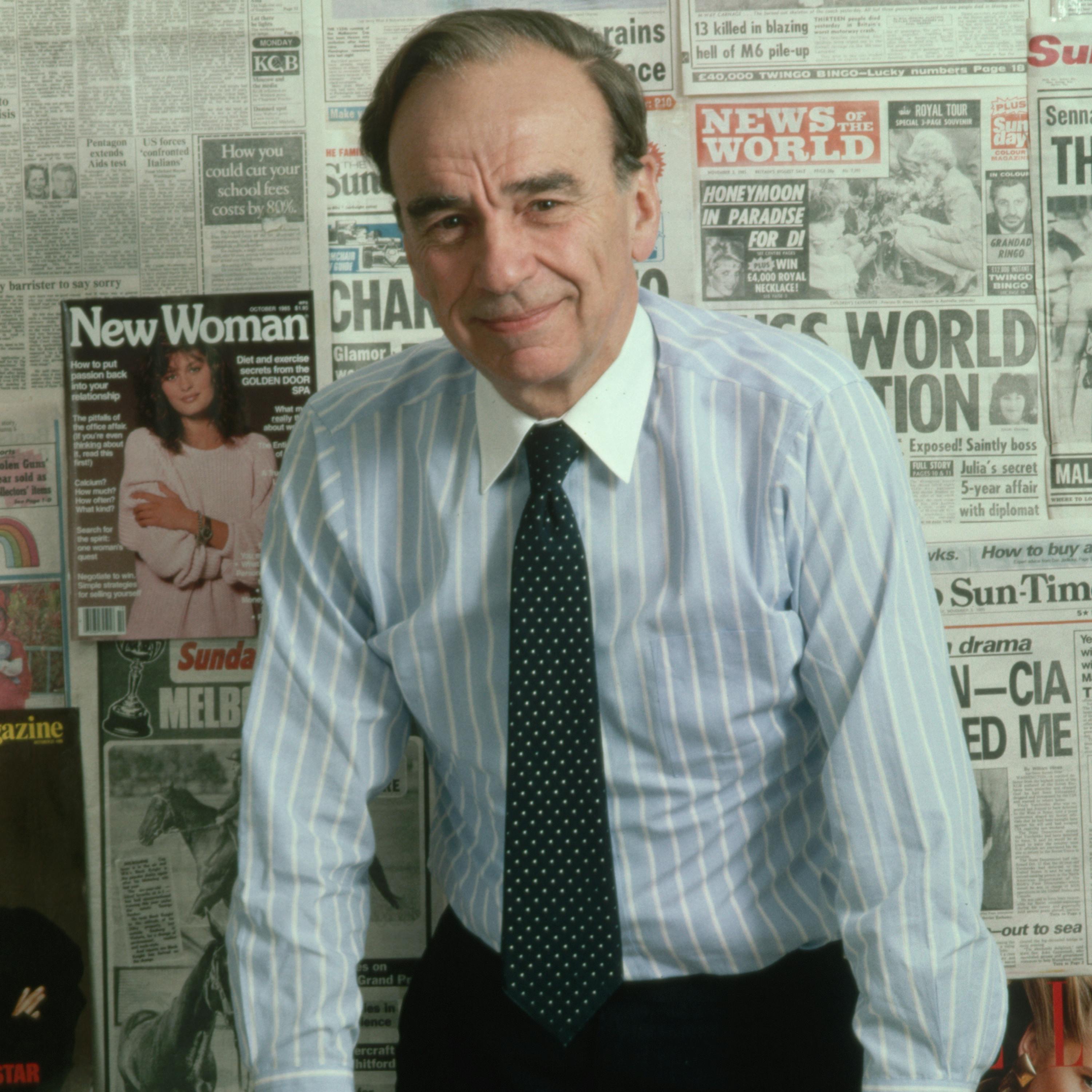How Rupert Murdoch remade the world
Murdoch started his media empire in Australia, sharpened his playbook in the UK, and became one of the most powerful people in the world once he came to the United States.
This episode was produced by Peter Balonon-Rosen with help from Denise Guerra, edited by Jolie Myers, fact-checked by Laura Bullard, engineered by Patrick Boyd and Adriene Lilly, and hosted by Sean Rameswaram.
Rupert Murdoch with some of his newspapers and magazines, at the offices of the New York Post in 1985. Photo by Roger Ressmeyer/Corbis/VCG via Getty Images.
Listen to Today, Explained ad-free by becoming a Vox Member: vox.com/members. Transcript at vox.com/today-explained-podcast.
Learn more about your ad choices. Visit podcastchoices.com/adchoices
This episode was produced by Peter Balonon-Rosen with help from Denise Guerra, edited by Jolie Myers, fact-checked by Laura Bullard, engineered by Patrick Boyd and Adriene Lilly, and hosted by Sean Rameswaram.
Rupert Murdoch with some of his newspapers and magazines, at the offices of the New York Post in 1985. Photo by Roger Ressmeyer/Corbis/VCG via Getty Images.
Listen to Today, Explained ad-free by becoming a Vox Member: vox.com/members. Transcript at vox.com/today-explained-podcast.
Learn more about your ad choices. Visit podcastchoices.com/adchoices
Press play and read along
Transcript
Transcript is processing—check back soon.
Today, Explained — How Rupert Murdoch remade the world





